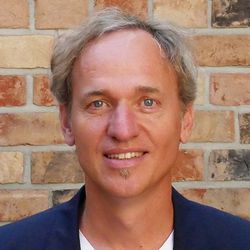Dendrom - Future perspectives of wooden biomass (so called "dendromass")
Currently a rapidly growing demand for biomass (largely due to energetic usage like electric power, heat and bio fuels but also material usage like wood materials and paper) is meeting a falling supply of adequate resources from the forest. This generates growing pressure on the production of dendromass. In analogy with biomass, dendromass is the portion of timber that grows in forests and on agricultural areas and which is primarily used for non-material purposes. The growing demand leads to economic opportunities for the industries of the dendromass-cluster, namely the forest, timber, agriculture and (bio)energy industries. However, at the same time this development could foreshadow a conflict of goals between nature-oriented forestry and other objectives of sustainable development. The project acts on the assumption that the growing demand for dendromass can only partly be met by timber from the forests and that the cultivation of fast-growing woods on agricultural areas should therefore be investigated. Relevant aspects and drivers could be growing quantities needed by industrial applications like Biomass-to-Liquid Fuels (BtL-Fuels), advantages in logistics and processing of wood compared to other agricultural biomass and the ecological benefits of cultivating timber extensively as opposed to the intensive agriculture of energy plants. The DENDROM project attempts to analyse these issues in a systematic and transdisciplinary way and aims to devise models, scenarios and concepts for implementation. The project focuses on developments in the German state of Brandenburg and take a closer look on new developments like gasification and BtL-Fuels. As a transdisciplinary group of scientists, companies, regional players and networks the project will generate basic knowledge in this field as well as practical concepts and strategic political recommendations.




